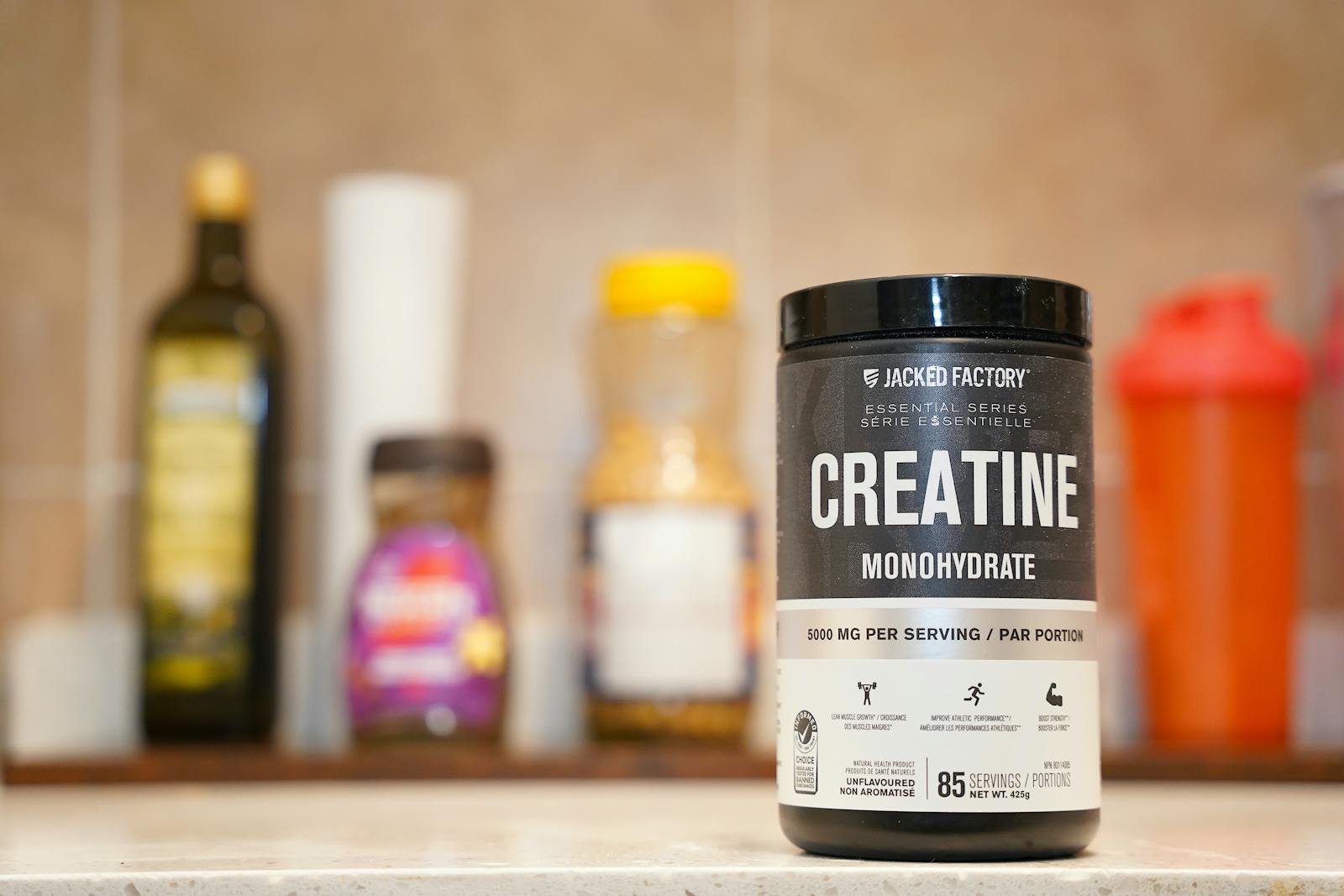How to Curb Chronic Inflammation (Without Losing Your Sanity)
When Inflammation Becomes the Enemy
Inflammation is your body’s frontline defense: in response to injury or threat, your system sends in immune cells and inflammatory signals to heal. But when that response lingers long after the threat is gone, it shifts from healing to harming. In chronic form, inflammation is linked to Alzheimer’s, heart disease, type 2 diabetes, asthma, rheumatoid arthritis, and cancer.
We see two modes of inflammation: acute (short-lived, targeted) and chronic (persistent, misdirected). Acute inflammation shows in redness, swelling, and pain; chronic inflammation may manifest more quietly—fatigue, joint stiffness, skin rashes, or generalized discomfort. Tackling the chronic kind requires both awareness and action.
Nutrition as Your First Line of Defense
Diet is one of the most controllable levers in the inflammation equation. With every meal, you choose to feed—or starve—inflammatory pathways.
Foods to Embrace
Focus on whole, minimally processed foods rich in antioxidants and fiber. Berries, leafy greens, bell peppers, eggplant, tomatoes—all are high in compounds that buffer oxidative stress. Fiber from whole grains, legumes, nuts, and seeds helps support gut health and modulate immune response. Omega‑3 fatty acids, found in fatty fish, chia, and flax, help counterbalance the overly abundant omega‑6 fats in many modern diets. Turmeric and its active component curcumin have been studied for potent anti-inflammatory effects—pair it with black pepper to boost absorption.
Foods to Minimize or Avoid
At the same time, reduce ultra-processed items: refined carbs, sugary beverages, processed meats, and snack foods high in additives, saturated fats, and trans fats. These foods provide little in the way of antioxidants or nutrients—and a lot of inflammatory stimulus.
Lifestyle Tweaks That Matter
Even if your diet is solid, lifestyle factors can either exacerbate or ease inflammation.
- Move regularly. A mix of aerobic, strength, and interval work helps modulate immune response.
- Manage stress. Chronic stress raises inflammatory hormones. Techniques like meditation, journaling, yoga, or simply walking in nature can help.
- Prioritize sleep. Inconsistent or insufficient sleep disrupts melatonin and inflammatory balance. Aim for at least seven hours of quality sleep nightly.
Reducing inflammation isn’t about perfection—it’s about shifting your body’s baseline toward resilience. Small, consistent changes in diet and habits compound over time. Stay adaptable: hormones, stress, sleep cycles, and even environmental exposures will challenge your defenses. But with deliberate choices, you give your system the tools it needs to calm itself when the fight is over. That’s how you turn inflammation from foe back into a helpful ally.



